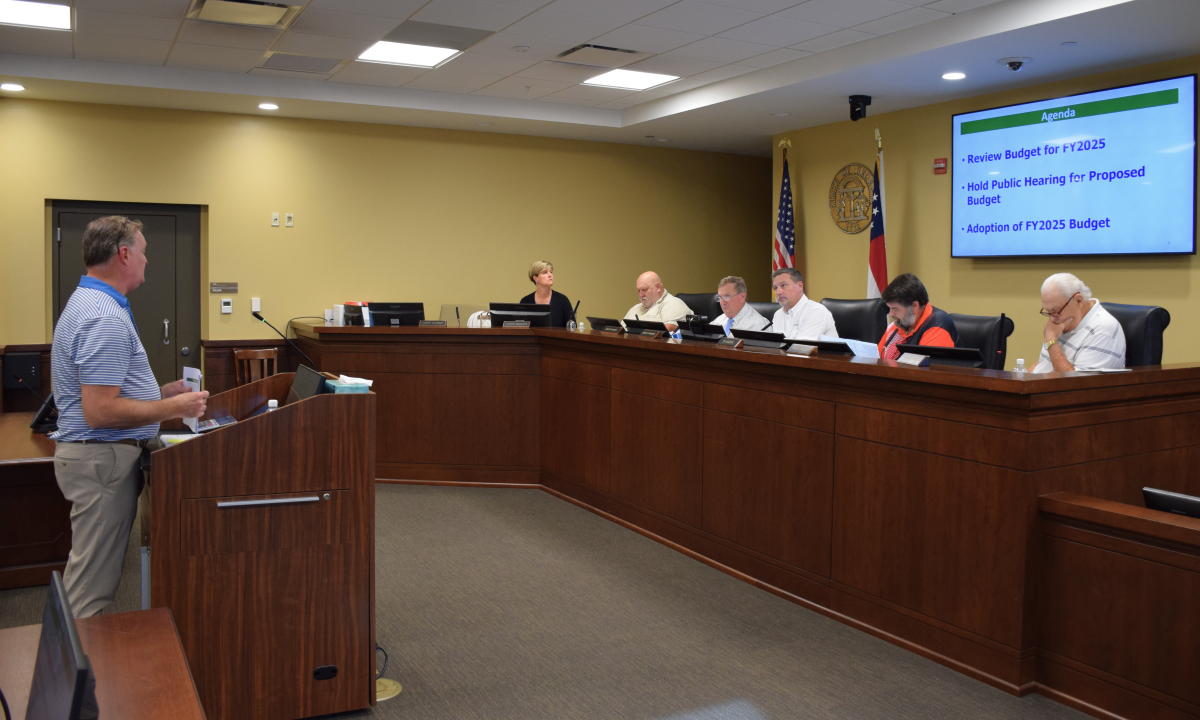Georgia’s recent uptick in COVID-19 cases was due to a backlog of test results being released in a two-day period, Gov. Brian Kemp said Thursday.
“We feel that is a reason for the spike in the cases,’’ Kemp told reporters at a press conference at the state Capitol. Overall, he said, “nothing in the [COVID] data that we’re seeing right now alarms us.’’

The governor, speaking about a month after he made national news by announcing Georgia’s reopening, relaxed more restrictions on businesses and other organizations Thursday. Bars and nightclubs can open if they meet certain requirements, including screening workers and occupancy limits.
Overall, gatherings of up to 25 people will be allowed June 1, up from 10, if the individuals can stay at least six feet apart.
Sports teams can begin training in Georgia as well. Kemp said the state has discussed the training question with major-league sports teams.
Hundreds of millions of dollars are invested in these athletes, he said. The professional sports leagues, he added, “are not going to put their athletes in jeopardy.’’
Beginning next month, under certain restrictions, summer school classes can be held. Amusement parks can operate rides again June 12. Live performance venues will remain closed.
The elderly and medically fragile must shelter in place through June 12. Kemp also extended the state of medical emergency through July 12.
Dr. Kathleen Toomey, commissioner of the state Department of Public Health, said that by Monday, the agency will have a workforce of 800 people who can do contact tracing.
That’s a big step toward the state goal of 1,000 tracers to help identify individuals who have come into contact with an infected person. “Please encourage people to cooperate with us,’’ Toomey added, saying the process isn’t intended to be intrusive, but to fight the disease.
Earlier Thursday, Emory doctors discussed the balancing of fighting the pandemic and opening businesses.
The AJC reported a 26 percent rise in cases between the weeks of May 11 and May 18.
Dr. Carlos del Rio, an infectious disease expert with Emory School of Medicine, said more testing is yielding more confirmed cases. And he also noted the backlog of lab results being revealed.
But there’s also spread of the disease that is contributing to the higher Georgia infection figures, del Rio added. “It’s not surprising that as we are opening, you’re going to see more cases.’’
In other COVID-related developments:
Google.org awarded the Atlanta-based Satcher Health Leadership Institute at Morehouse School of Medicine a $1 million grant to collect and analyze demographic data on COVID-19. The team will build a database with a breakdown of the virus’s impact by race, ethnicity, gender, socioeconomic status and other factors.
Communities of color in the United States have been disproportionately affected by the virus.
** Emory researchers report a lower number of deaths than what most have reported for critically ill COVID-19 patients using mechanical ventilation. The research and outcomes are described online in the journal Critical Care Medicine.
In contrast to previous reports from China, Italy and Seattle, where mortality rates ranged from 50 percent to 97 percent, Emory researchers reported a mortality rate of 35.7 percent for patients who required mechanical ventilation and an overall mortality rate of 30.9 percent to date. Of that overall number, 60.4 percent of patients have survived to hospital discharge.
The researchers say intense planning, the skill of care teams, and a later arrival of COVID-19 illness in Georgia likely influenced outcomes.
WalletHub, comparing data from May 2019 and May 2020, reported that Georgia had the highest increase in the nation in unemployment claims related to the coronavirus.









